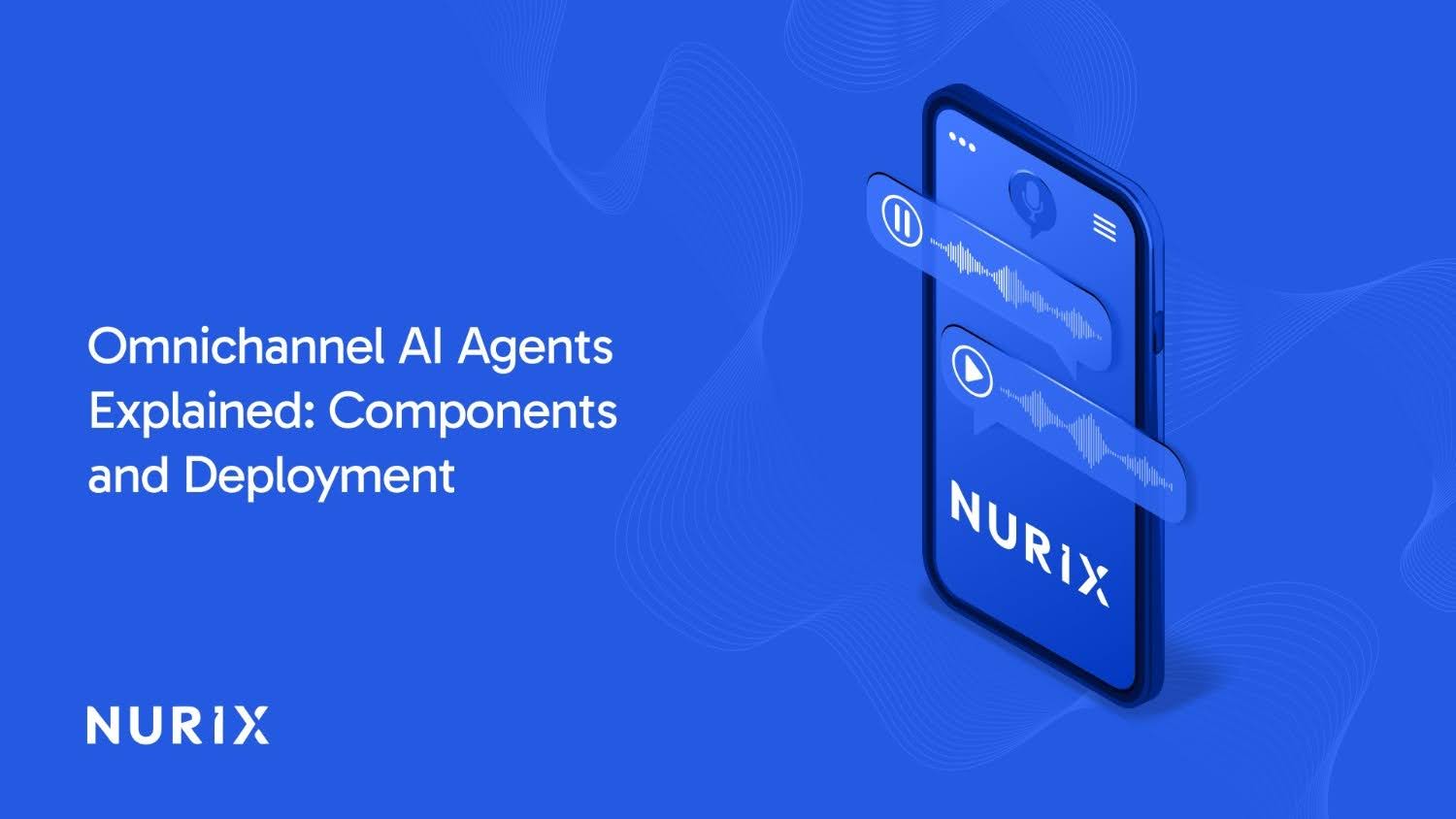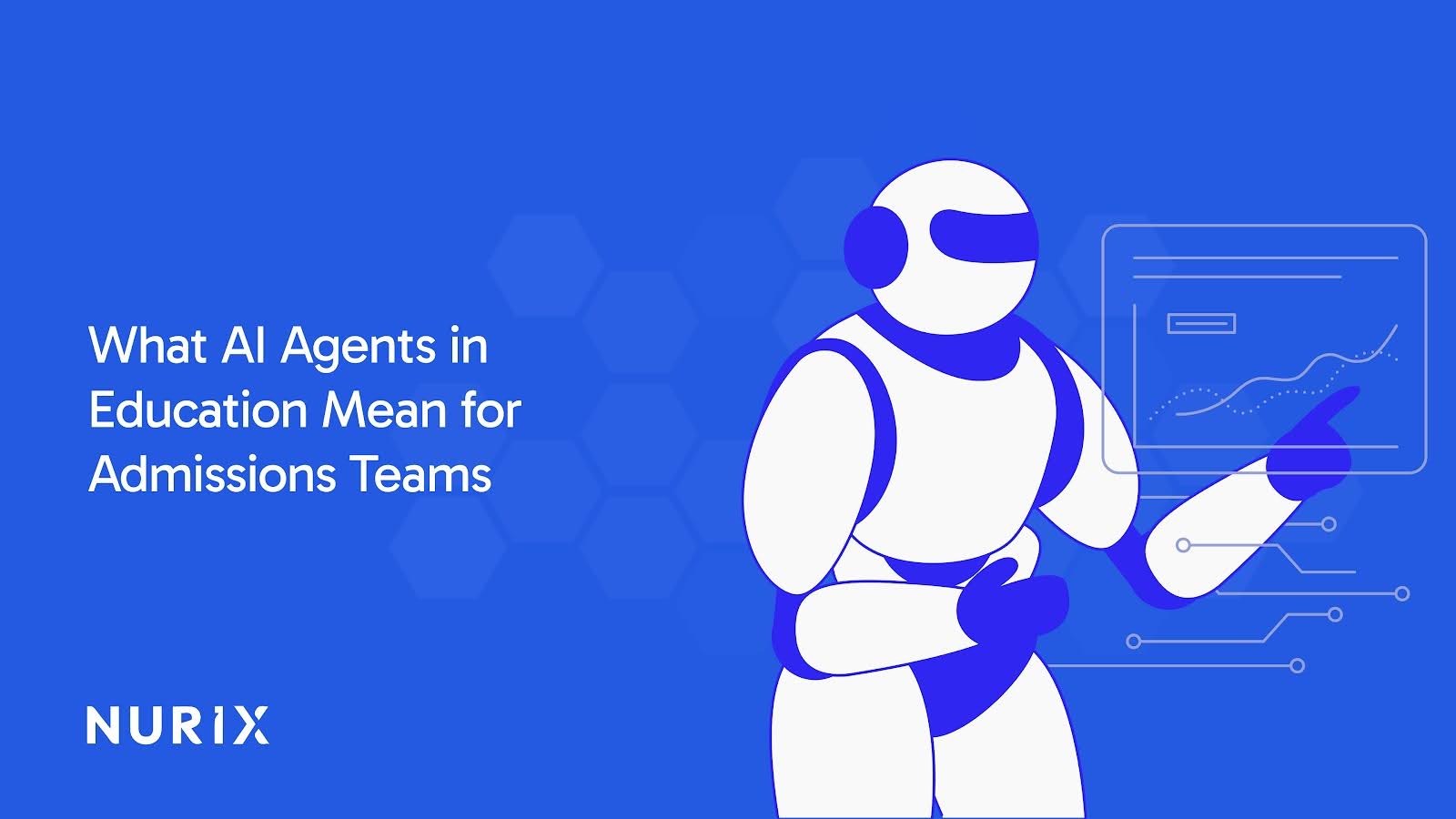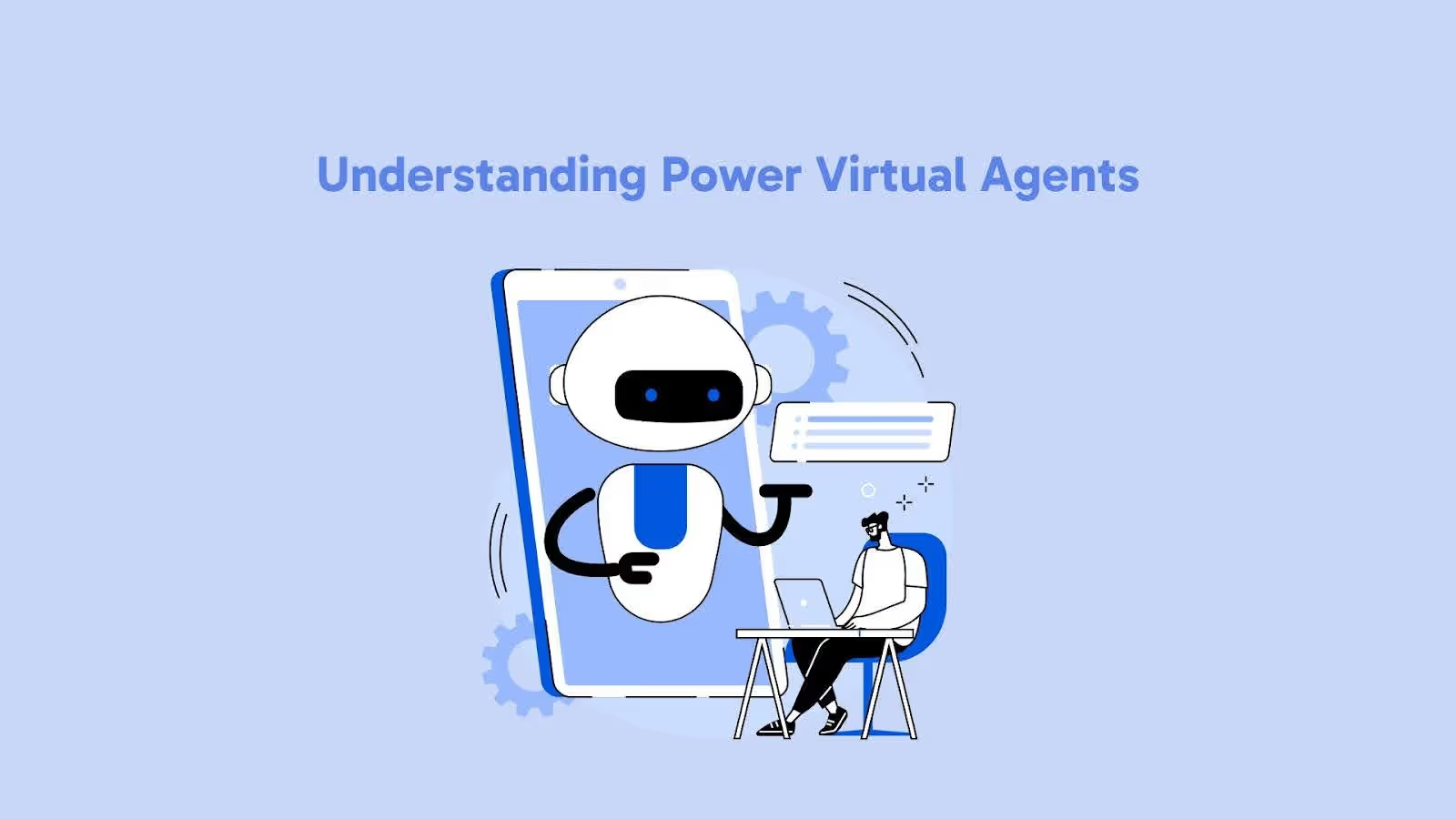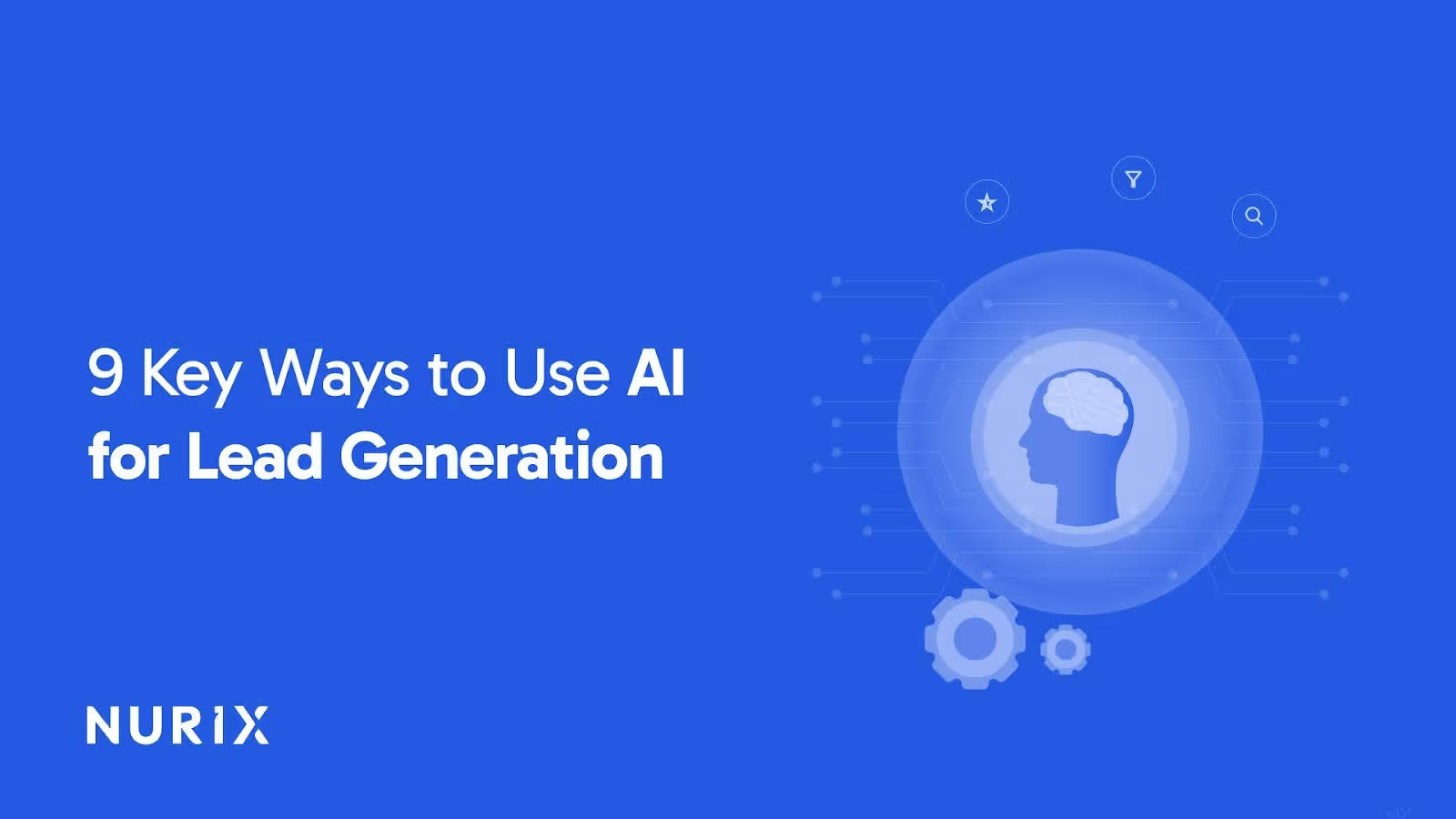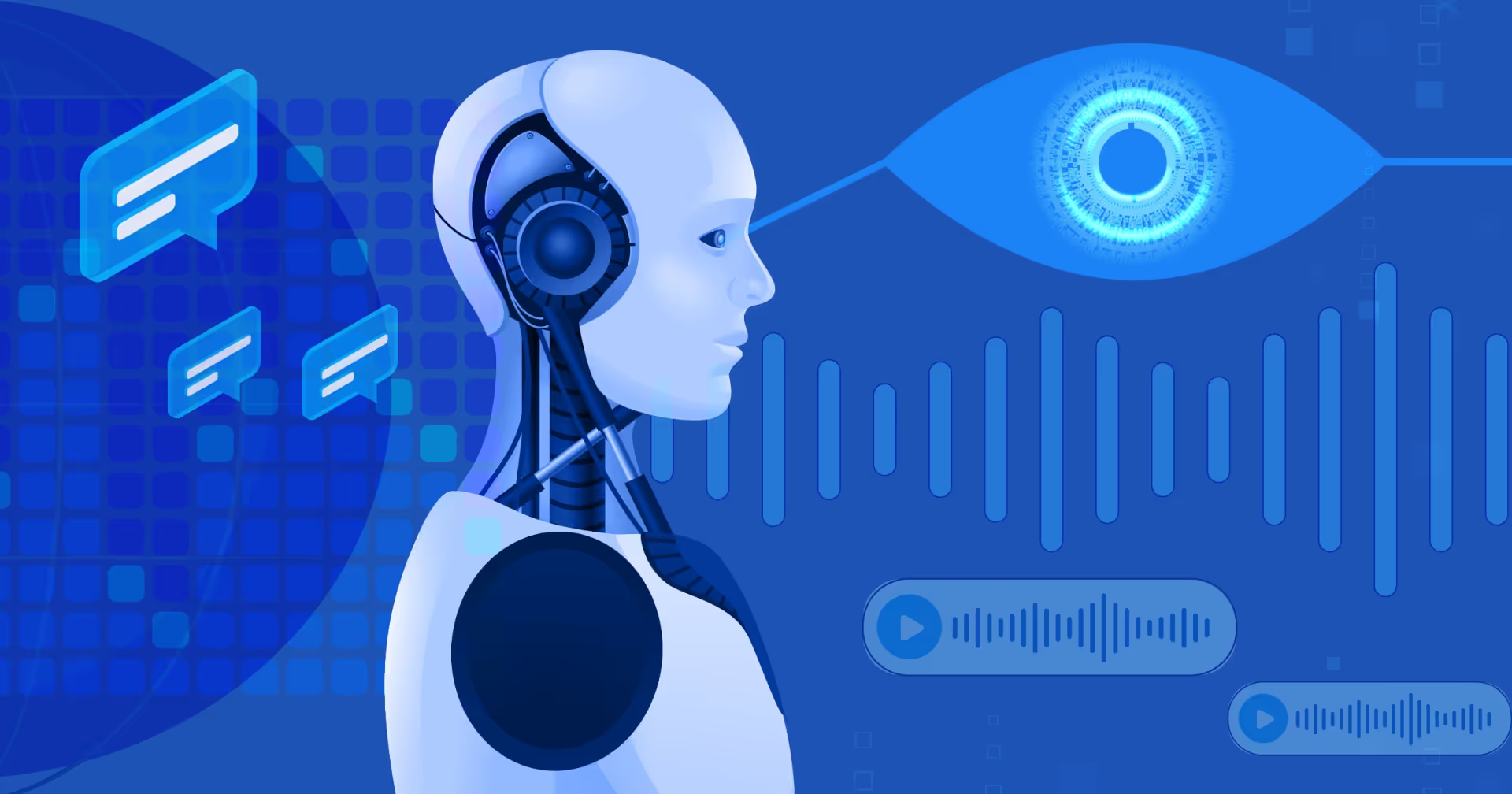Recruitment teams face constant pressure to hire the right candidates quickly and efficiently, often managing multiple tasks at once. Despite the advancements in technology, many companies still struggle with time-consuming manual processes, leading to delays and missed opportunities.
For example, 88% of companies now utilize AI for tasks such as candidate screening, with AI-driven interviews showing a 53.12% success rate compared to 28.57% for traditional methods.
In this blog, we’ll explore how AI solutions can address these challenges by enhancing customer engagement and optimizing workflow management. We’ll cover the key benefits of AI in recruitment and how it creates efficient systems while ensuring that customers receive the personalized support they need.
Key Takeaways
- Improved Quality of Hire: AI helps attract high-quality candidates by optimizing job descriptions and utilizing programmatic advertising to target suitable applicants.
- Time Efficiency: AI streamlines routine tasks, such as resume screening and interview scheduling, significantly reducing manual work and accelerating the recruitment process.
- Enhanced Candidate Experience: AI tools provide candidates with quick responses, smooth interview processes, and continuous engagement, making the recruitment experience more personalized.
- Cost and Time Efficiency: Automating administrative tasks enables AI to reduce recruitment costs and shorten time-to-hire, ultimately improving the return on investment.
- Bias Reduction: AI minimizes unconscious bias in hiring decisions, ensuring a more inclusive and fair recruitment process based on skills and qualifications.
What is AI in Recruitment?
AI in recruitment refers to the use of artificial intelligence to enhance and automate various stages of the hiring process. AI can assist throughout the entire recruitment journey, from sourcing candidates to evaluating their fit for a role. This allows HR teams to offload repetitive tasks and focus on more strategic aspects of recruitment, like building meaningful relationships with candidates.
While AI is often used in recruitment, it’s sometimes confused with machine learning (ML). While both fall under the broader umbrella of artificial intelligence, AI is the larger field that includes creating systems capable of human-like tasks, such as problem-solving and decision-making.
Machine learning, a subset of AI, focuses on teaching systems to learn from data and improve over time. This makes it a vital tool in recruitment for identifying patterns and making data-driven decisions.
Now that we’ve defined what AI in recruitment means, let’s explore how it’s being used in recruitment processes.
Use Cases of AI in Recruitment
AI is enhancing recruitment by simplifying tasks and improving decision-making. Here are key areas where AI is making an impact:
- Resume Screening and Candidate Matching
AI recruitment tools automate the process of screening resumes and applications by sorting them based on predefined categories, such as skills, experience, and education. This speeds up the hiring process and ensures that the best candidates are identified quickly.
- Chatbots for Candidate Engagement
Chatbots offer real-time, automated responses to common candidate questions about job roles and the application process. These bots can send updates, answer inquiries, and help schedule interviews, allowing HR teams to focus on higher-priority tasks while maintaining effective communication with candidates.
Also Read: What Are Power Virtual Agents? AI-Powered Chatbot Solutions Explained
- Automated Communication
AI can handle outreach tasks, such as sending job offers, scheduling interviews, and notifying candidates about their application status. This reduces the administrative workload for HR teams and ensures timely communication.
- Intelligent Job Description Generation
AI tools help optimize job descriptions by identifying potential biases and suggesting improvements to ensure inclusivity. They can also generate customized posts based on specific candidate profiles, saving recruiters time and improving targeting.
- One-Way Video Interviews
AI enables candidates to record responses to preset interview questions, allowing employers to screen applicants more efficiently before scheduling live interviews. This speeds up the recruitment process and ensures a consistent evaluation of candidates.
- Predictive Analytics for Recruitment
Using machine learning, AI analyzes past hiring data to predict future hiring trends, helping companies optimize their recruitment strategies and make better decisions.
A great example of AI making an impact in recruitment is Nurix AI’s success in helping an airline manage seasonal, high-volume hiring. The airline faced challenges in recruiting ground staff, check-in executives, and tarmac crews during peak periods, resulting in inefficiencies and candidate drop-offs.
Solution: Nurix AI automated key recruitment tasks, including screening applicants for shift flexibility, scheduling interviews, and handling common candidate inquiries. This integration with the airline's existing systems improved efficiency and reduced recruiter workload.
As a result, the airline got the following results:
- 3× faster interview scheduling
- Saved 15–20 hours per week in recruiter time
- Automated 50% of candidate conversations
- Reduced early-stage candidate drop-offs by 25%
This success story shows how AI can significantly streamline recruitment, particularly during high-demand seasons.
AI tools streamline operations and enhance the candidate experience, benefiting both employers and job seekers.
Also Read: Examples of AI Use in Business
Now that we’ve seen how AI is used, let’s explore the key benefits of AI in recruitment.
What Are the Benefits of AI in Recruitment?
There are several benefits of AI in recruitment, including a range of valuable advantages that streamline operations and enhance hiring outcomes. Here are some key advantages:
- Time Efficiency
AI significantly reduces the time spent on manual tasks, such as screening resumes, scheduling interviews, and ranking candidates. What traditionally took hours can now be done in minutes, allowing HR teams to focus on more strategic aspects of recruitment.
- Bias Reduction
AI helps minimize unconscious bias in hiring decisions. AI ensures that candidates are assessed based on their relevant skills and qualifications, utilizing well-trained algorithms. This approach reduces the influence of factors like personality or background, helping to create a more diverse and inclusive workforce.
- Improved Candidate Engagement
AI enhances communication throughout the hiring process. With chatbots and automated responses, candidates are kept informed at every stage, improving their experience and the company’s reputation.
- Cost Savings
Recruitment can be costly, but AI helps reduce these expenses by automating many manual tasks. HR teams can focus on higher-value activities, while AI handles administrative tasks like scheduling and resume scanning.
- Faster Hiring Decisions
AI helps speed up the hiring process by quickly identifying the best candidates, automating resume screening, and matching them to open roles. This enables businesses to make faster offers, reducing time-to-hire and staying ahead of the competition.
- Quality of Hire
AI can improve the quality of hires by streamlining the candidate assessment process. Utilizing data helps identify the traits that contribute to employee success, allowing companies to make smarter hiring decisions.
- 24/7 Availability
AI can operate around the clock, ensuring that the recruitment process remains uninterrupted. It can engage candidates, answer questions, and assist with applications even when recruiters are unavailable.
This round-the-clock availability enables recruitment tasks to be handled across different time zones, accommodating global candidates and streamlining the hiring process.
- Enhanced Candidate Experience
AI improves the candidate experience by offering consistent communication, personalized responses, and a smooth interview process. With chatbots and AI-powered systems, candidates receive immediate responses to their inquiries, no matter when they reach out.
- Data-Driven Insights
AI provides valuable insights through predictive analytics.. For example, AI can identify which skills are becoming more sought-after in the market or highlight areas where the company may be underrepresented.
This helps organizations make informed decisions about their workforce planning and future recruitment needs.
- Scalability
With the ability to process and assess a high volume of applications quickly, AI can sift through resumes, rank candidates, and shortlist those who are most qualified, without human intervention. Hence, businesses can scale their recruitment efforts efficiently and manage recruitment during periods of growth or high turnover.
Incorporating AI into recruitment enhances efficiency and promotes a more agile and effective hiring process, making it easier for companies to attract top talent.
While there are numerous benefits of AI in recruitment, there are also some challenges to be aware of when integrating it into your recruitment strategy.
Challenges of AI in Recruitment
While AI has brought useful changes to recruitment, it comes with its own set of challenges. Let’s go over some of the major ones:
- Biases in AI: If training data includes unconscious biases, AI tools can perpetuate them, affecting hiring decisions. For instance, if the data favours candidates from specific universities, the AI may prioritize similar profiles, potentially overlooking qualified individuals.
- Accuracy Concerns: AI tools depend heavily on the accuracy of the data they receive. If candidates use unusual synonyms or tweak their resumes to game the system, AI might fail to spot qualified candidates or mistakenly advance unsuitable ones.
- Data Dependency: AI systems require substantial amounts of data to operate effectively. While this approach works well for high-volume hiring, it may be less effective in specialized recruitment.
- Initial Investment: The upfront cost of implementing AI technology can be steep, and small businesses may find it challenging.
- Loss of Human Connection: Relying solely on AI for recruitment can make the process feel impersonal. Candidates may miss the human touch, especially in critical stages like interviews.
With increasing awareness of AI in recruitment, some candidates and employees may have concerns about how these tools impact hiring decisions.
- Legal and Regulatory Compliance: As AI use in hiring grows, so does the scrutiny from regulatory bodies. Several states, like New York and Illinois, have implemented legislation to govern AI in hiring.
Failure to adhere to these requirements can result in legal action, damage to the company’s reputation, and expensive fines.
- Data Privacy Concerns: The vast amounts of personal data required by AI to operate effectively raise concerns over how securely candidate information is handled. This makes data protection a priority to avoid breaches and comply with privacy laws.
- Overlooking Non-Traditional Candidates: AI systems often struggle to assess candidates with non-linear career paths or those with gaps in their employment history. They may also undervalue skills like creativity, leadership, or emotional intelligence that aren’t easily captured in data. This can result in qualified individuals being overlooked.
While AI brings efficiency to recruitment, it’s crucial to address these challenges and use the technology in an ethical way that complements human judgment.
Also Read: Can AI replace human coders
With an understanding of the benefits and challenges, let’s discuss how you can successfully integrate AI into your recruitment processes.
How to Integrate AI Tools into Your Existing Recruitment Workflow
Successfully integrating AI into your recruitment process requires a strategic approach. Here’s how you can go about it:
1. Define Your Goals
Pinpoint specific challenges AI can address, such as improving candidate sourcing, automating screening, or enhancing engagement. Clear goals will guide your AI adoption and focus on areas that will have the most impact.
2. Choose the Right AI Tools
Select AI solutions that fit seamlessly with your current HR tech stack. Ensure the tools meet your organization’s recruitment needs and integrate well with your existing systems.
Regularly audit AI decisions to detect and correct biases, ensuring that screening and selection processes remain fair, transparent, and unbiased.
3. Train Your HR Team
Provide HR teams with training on using AI tools effectively. Ensure they can interpret AI-driven insights to make informed, human-led hiring decisions.
4. Monitor and Optimize Performance
Track key metrics such as time-to-hire and candidate quality. Use performance data to refine your AI strategy and ensure continuous improvement.
5. Audit Roles and Tasks
Evaluate your current recruitment processes to identify areas where AI can add value. Trial AI tools before full deployment. Testing helps identify biases and concerns, allowing for adjustments before broad implementation. This will help you implement AI in a way that complements existing workflows.
6. Retain Human Oversight
While AI automates tasks, human judgment is still essential. Involve recruiters in final decision-making to ensure that the hiring process remains balanced and holistic. This will also help address any complexities or nuances that AI might miss.
7. Prioritize Data Privacy and Compliance
Ensure AI tools comply with data protection regulations, such as GDPR. Regular audits and clear data management protocols are vital for maintaining trust and legal compliance.
This ensures that sensitive candidate information is protected, thereby preventing legal risks and damage to reputation.
8. Debrief and Review
Regularly assess AI’s impact on your recruitment workflow. Gather feedback and make necessary adjustments to ensure the AI system effectively meets your recruitment goals.
Continuous evaluation ensures that your AI tools evolve with your hiring needs and stay aligned with organizational objectives.
Adopting these practices helps your organization seamlessly integrate AI into your recruitment process, driving better hiring outcomes and creating a more personalized candidate experience.
Conclusion
Integrating AI into your recruitment process can bring significant improvements in efficiency, decision-making, and candidate engagement. Following a strategic approach enables AI to complement your existing recruitment efforts rather than replacing them.
It’s essential to regularly evaluate the performance of AI tools and refine your strategies to ensure they deliver optimal results. With the right balance between automation and human input, AI can enhance your recruitment workflow, helping your organization hire smarter, faster, and more effectively.
Nurix AI offers tools that can enhance your recruitment process by automating tasks, improving decision-making, and creating a seamless experience for candidates and HR teams. Here's how Nurix AI can support your recruitment efforts:
- AI-Driven Candidate Engagement: Enhance communication and engagement with candidates by providing timely, personalized responses that keep them informed throughout the process.
- Automated Resume Screening: Save time and reduce human error by automating the initial screening of resumes, allowing your HR team to focus on the best-fit candidates.
- Context-Aware Assistance: Nurix AI understands the context of your hiring needs, offering relevant insights and suggestions to streamline decision-making.
- Seamless Integration with Existing Systems: Easily integrate with your current recruitment software and HR tools, ensuring a smooth transition and minimal disruption to your existing workflows.
- 24/7 Availability: AI-powered tools that assist with candidate inquiries and administrative tasks around the clock, ensuring your hiring process keeps moving without delay.
- Data-Driven Insights: Utilize actionable insights from candidate data to make smarter, more informed hiring decisions, improving the quality of your recruitment process.
Nurix AI can help you build a recruitment process that is efficient, scalable, and adaptable, freeing up your team to focus on finding the right talent. Schedule a demo to learn how we can help you transform your recruitment workflow.







